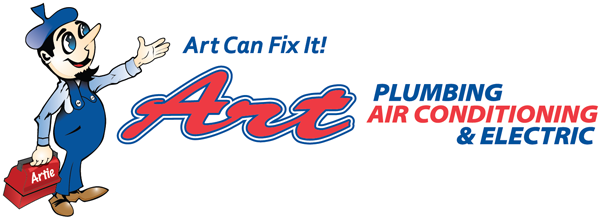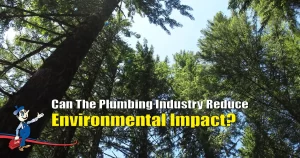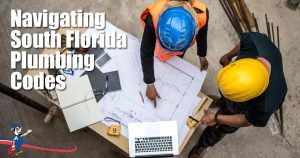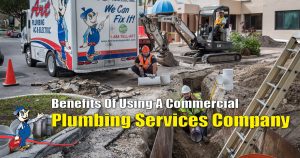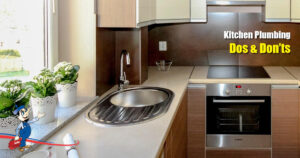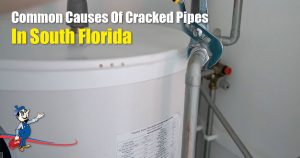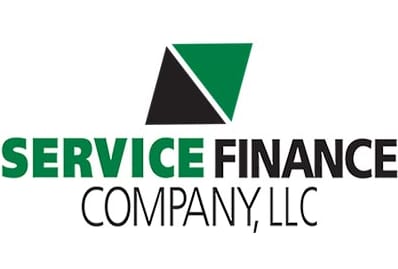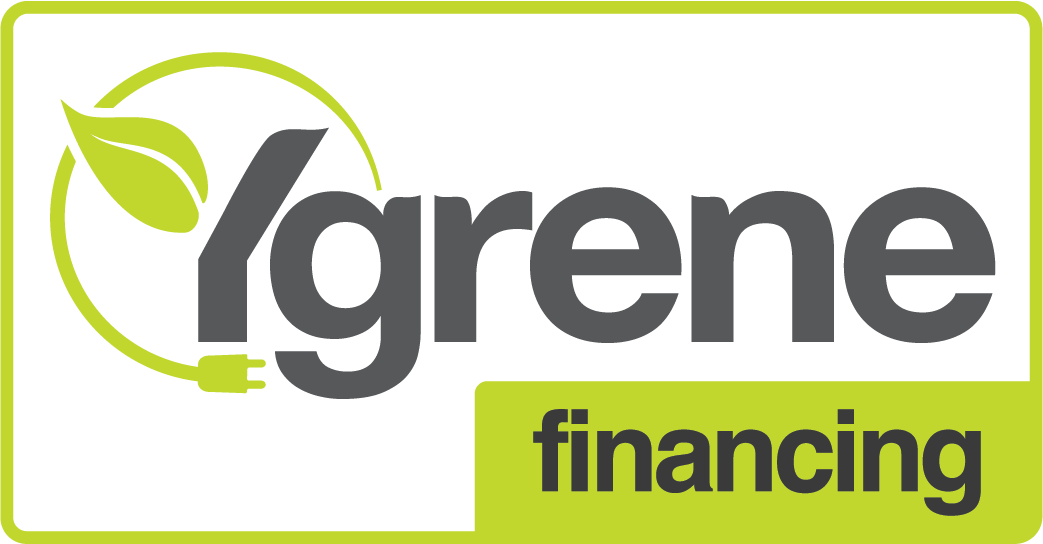Rapid Solutions For Unexpected Plumbing Emergencies
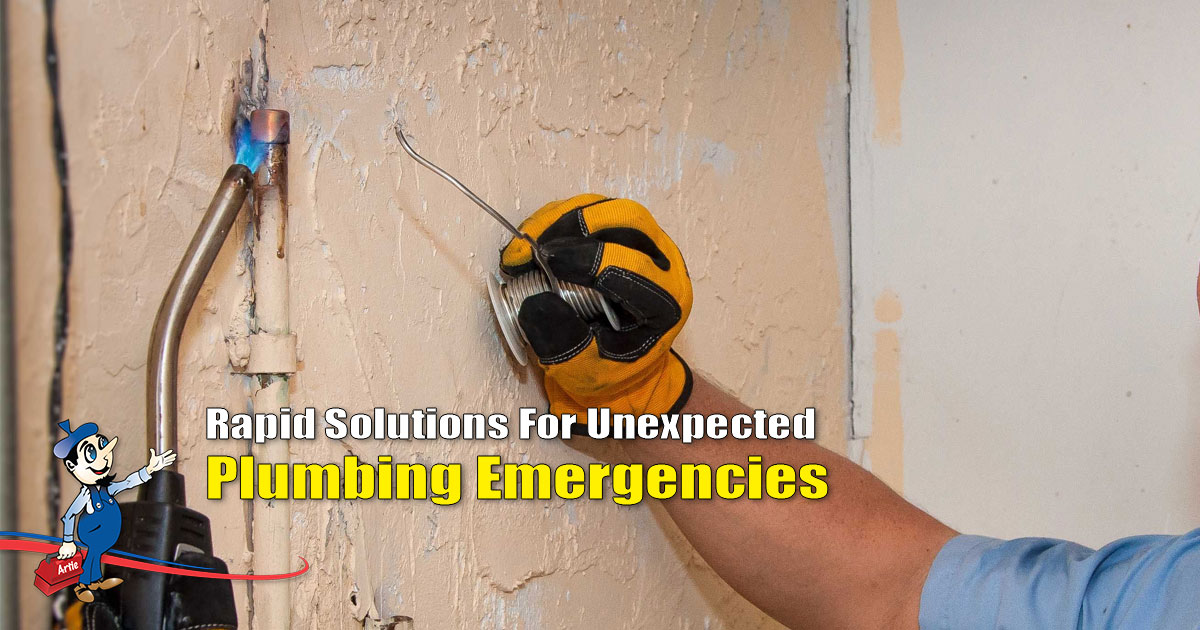
The dictionary describes an emergency as a serious, unexpected, and often dangerous situation requiring immediate action. When it comes to emergency plumbing, the situation might be water flooding through your home, a toilet spilling its contents on the floor, or an unwelcome cold shower.
In this article, we take a closer look at some of the emergencies that only a licensed plumber can fix for you.
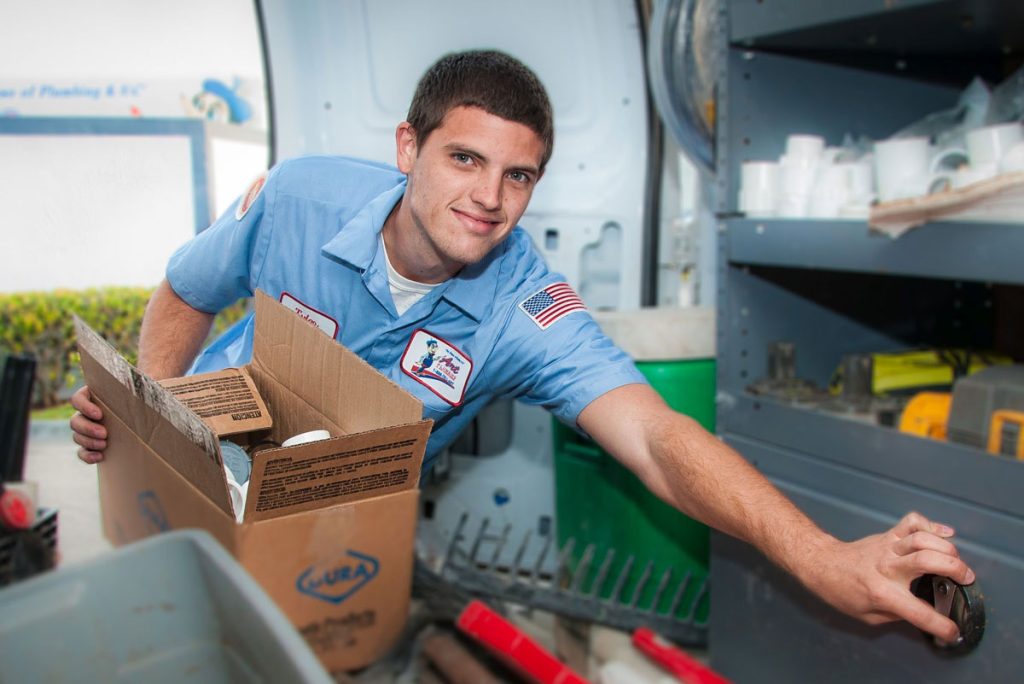
6 Reasons To Have A Plumber On Speed Dial
When working properly, the plumbing in your home quietly gets on with its job. When a plumbing emergency strikes, it often disrupts normal life, makes a mess, or causes damage to your property. These are six situations that require the services of an emergency plumber:
1. Burst Water Pipe
A burst water pipe releases a flood of water through your home that causes damage as far as it goes. Wood floorboards or cabinets that soak up water expand, become warped, and typically have to be replaced. Excess moisture wrecks paintwork, furniture, and other personal belongings.
A burst water pipe in your yard can cause water to pool. If the problem isn’t fixed quickly, the standing water can damage your lawn, destroy landscaping and become a health risk. A plumber has the equipment to locate the break and replace the broken sections of the pipe.
2. Interrupted Water Supply
The water main connects your home to the public water supply. If you’re not getting water inside your home, it could indicate a blockage or a break in the main water line. Water lines can be damaged through ground movement, excessive mineral buildup, or by invasive tree roots.
Other than dry faucets, signs of a broken water main include:
- soggy areas in the yard
- high water bills
- lower water quality
- low water pressure
A plumber uses a waterproof camera to provide a live view of what is causing the break in water flow. Once they’ve diagnosed the problem, they decide on a course of action and restore water flow to your home.
3. Clogged Drains
If you’re dealing with a simple clog that can be dislodged with a plunger, there’s no need to call in the troops. But if your drain water simply refuses to leave, you’re probably dealing with a bigger issue in your plumbing.
Clogs that aren’t dealt with can cause bigger issues such as leaks or burst pipes. Ignoring a clog can also cause issues inside the pipes themselves that will need to be repaired or replaced over time.
A clogged drain is easy to recognize as it usually affects a single outlet. Water may drain slowly at first but block up entirely as the clog grows.
4. Blocked Sewer Line
A backed-up sewer line occurs when a blockage prevents the flow of sewage away from the home. This can be caused by foreign objects that are flushed down the toilet, a build-up of sewage, or external blockages such as tree roots that break into the pipes.
Over time, sewage collects at the site of the blockage. If the pipes are compromised, raw sewage can leak out and create a health hazard in your yard. Severe blockages can cause sewage backups in your home, a horrible situation to be avoided!
To recognize a blocked sewer line, look for these signs:
- drains throughout your home drain slowly or clog up completely
- gurgling sounds from different drains and other fixtures
- you regularly find yourself reaching for the plunger
- water pools in the sewer line cleanout and may even overflow
- a bad odor seeps from your drains
- your yard becomes a soggy swamp
5. Overflowing Toilet
Water from an overflowing toilet can seep into wooden cabinetry, the walls, or floorboards and lead to mold, mildew, and rot which pose serious health risks. Dealing with an overflowing toilet, especially after it’s been used, is not a problem for the faint-hearted!
A clogged toilet usually functions again once the blockage is removed. Fixing an overflowing toilet can be that simple, or it may be an indication of a more serious issue deeper in the plumbing.
6. Hot Water Heater Problems
We can all agree that a functioning hot water heater is an essential part of life. When your water heater gives trouble, the whole family feels it. Some common issues that affect water heaters include:
- Noticeable leaks: Corrosion, damaged valves, or a faulty heating element can cause a hot water heater to leak. While some leaks are simple to fix, they are worth sorting out urgently as they may be a sign of bigger issues.
- Burst water heater: Sediment build up in your water heater, corrosion caused by rust or extreme internal pressure can cause a hot water heater to burst.
- No hot water: A water heater that won’t heat up can be caused by failed heating elements or a thermostat malfunction. Both of these issues will leave you in the cold until a plumber comes to the rescue.
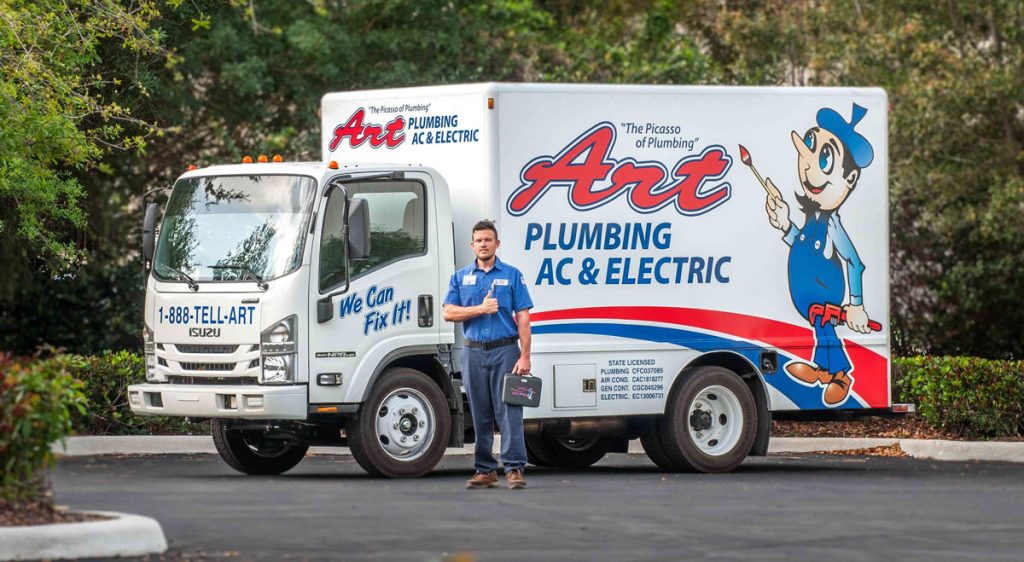
Your Emergency Plumbing Plan Of Action
Even the most solidly constructed plumbing systems get old and can cause problems. When the unthinkable happens, follow these steps to minimize damage to your home and keep your loved ones safe.
1. Turn Off The Water Supply
Plumbing issues often lead to flooding. As soon as you notice a problem, shut off the water supply at the mains to stop more water flowing into the pipes and making the problem worse.
2. Switch Off The Electrical Supply And Any Home Appliances
Water conducts electricity which makes water spills and flooding especially dangerous. Turn off any nearby electrical appliances. If you can safely reach the main electrical switch, cut the main power supply.
3. Turn Off Your Water Heater
If you suspect there’s an issue with your water heater, the safest thing to do is switch it off. Turn off the supply line and open the hot water faucets to let the water drain and reduce the pressure inside the water heater. Doing this can help limit the leakage and reduce property damage.
4. Small Problems Often Become Big Problems If Ignored
The best time to sort out minor plumbing issues is when you first notice them. Preventing home plumbing emergencies is always better than treating then when disaster strikes. Small leaks worsen over time and can lead to serious damage to the structure of your home and promote the growth of mold and mildew. Slow drains and minor blockages can become major backups that damage pipes.
5. Call For Plumbing Backup
Once you’ve stopped the water flow and cut power, phone an emergency plumber. They have all the right tools to find and diagnose the problem. With both knowledge and experience, a plumbing professional can contain the problem, repair damaged sections of piping, and restore order to your home.
Have You Got A Plumber On Speed Dial?
You don’t want to be searching for the best plumber when those plumbing emergencies strike. Why not be proactive and save our number now? Art Plumbing, Air Conditioning & Electric have been in the plumbing business since 1983. There isn’t an emergency plumbing problem that we can’t fix. Dial 1-800-475-1504 and we’ll be there.
Schedule Service